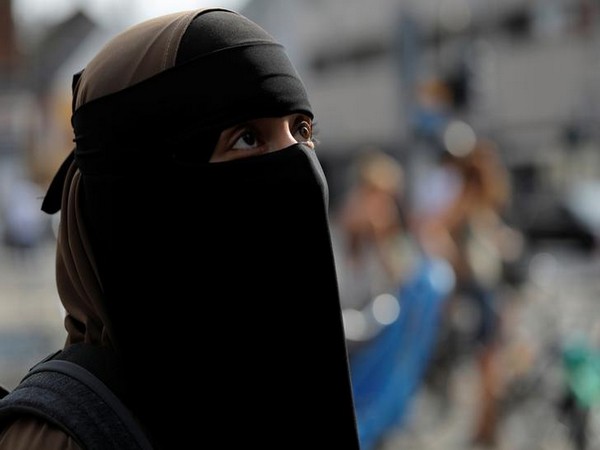

Violence against women in Pakistan has become a problem that cannot be neglected, as it has become a social norm in households.
The country is regarded as the sixth most dangerous country for women to live in.
Analysts have observed that hitting a woman or exercising domestic violence is much more prevalent in Pakistani households where men consider it a tool to control women. Rights activists suggest that a woman in Pakistani society faces multiple threats because of her gender. She is seen being publicly harassed, raped, or killed in the name of honor by men who commit such crimes without having fear of being punished and charged guilty, Mehmil Khalid wrote for Dunyanews.
Pakistan has been successful in passing laws to control violence against women. However, the implementation of these laws is still missing, which not only contributes to the cases lingering on but also provides justifications for men to remain adherent to apathy and mistreat women, violating the laws.
According to the Pakistan Ministry of Human Rights which cited the country’s Demographic and Health Survey (2017-2018), around 28 percent of women between the ages of 15 and 29 have experienced physical violence.
It has been observed that certain cases registered and found with the police contain inaccurate figures that do not define the exact count of violent crimes committed against women in Pakistan.
The Human Rights Watch in its Annual World Report 2022 cited allegations of extensive rights abuses against women along with children in Pakistan, which ranks 167 out of 170 countries on the Global Women, Peace and Security Index.
“Violence against women and girls, including rape, murder, acid attacks, domestic violence, and forced marriage is endemic throughout Pakistan. Human Rights defenders estimate that roughly 1,000 women are killed in so-called honor killings every year,” said the HRW report.
According to Dunyanews, a prominent women’s rights activist, Farzana Bari said that the reason for this surge in cases of violence against women in Pakistan is due to the lack of seriousness on the part of the government to launch the strict implementation of laws and educate/empower women to suppress discriminatory attitudes against them.
“No government has ever tried to put an end to this mindset. It can be done by educating women in rural areas, empowering them economically, and raising their representation in the legislature,” she added.
Given the lack of implementation of laws and providing impunity to the offenders, the crime rates are surging which can only be suppressed if laws come into play in dealing with such matters, said the analysts who called for an immediate need to control violence against women.
They suggested that all sections of society should play an equal role in its complete eradication down from the rural areas. It should be treated as a serious subject that is making the lives of women vulnerable.
Women should be empowered against such practices so that they can be their own protectors in place, analysts said, calling for a Comprehensive and All-Embracing Reformation Plan that includes preventive measures and various reforms to assist in removing this menace from society.
However, they also believed that there is a general acceptance of violence between men and women that harms the social environment and moral fabric of society. For most men, raising a hand on a woman is a justified act against her gender as she is considered weak, requiring a stern oversight from her husband. Beating and thrashing a woman seems normal to the men of the society who appear uninterested in maintaining the dignity of a woman.
But the normalization of an act arises in a society when people practice it without being cautioned about its negative consequences.
They embrace it peacefully as they believe it might bring them the social acceptance they need. Such is the matter of gender discrimination in Pakistani society where the criminals get involved in illegitimate practices as a society no longer puts sanctions on their unusual behaviour.
Last year, Pakistan was placed 153rd ranking on the Global Gender Gap index Given the endless horrors and discomfort that women are forced to live through in a land of men, Pakistan is in the company of sub-Saharan countries (many of which are undergoing existential crises) should not surprise anyone.